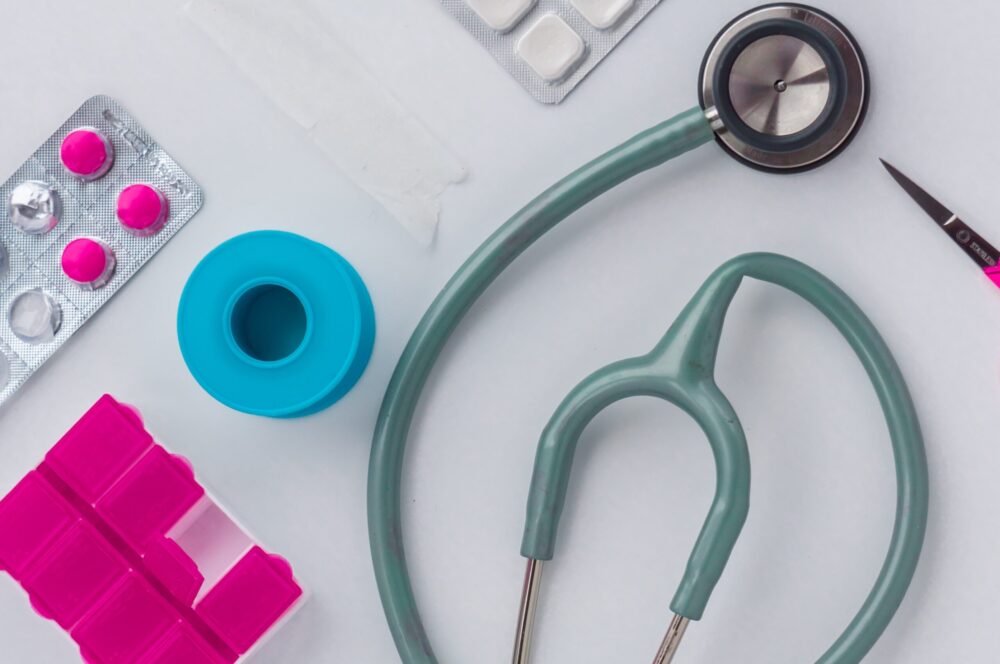
Stephen Morgan MP has welcomed the £2m of funding received from the Office of Students for the University of Portsmouth to train the NHS workforce of the future.
The funding is being used to develop a state of the art interprofessional learning hub, as well as furnishing the existing health simulation facilities with tools and equipment that with further enhance student experiences.
The university has been able to procure a wide range of new medical manikins and healthcare equipment that will develop the realism of its existing simulation facilities, as well as some additional IT and AV equipment to improve and deliver a much higher quality of interprofessional learning through the use of new and innovative collaboration technologies.
It comes as the city MP has thrown his support behind the university’s ambitions to become a medical school.
Following a tour of the new facilities, the Member of Parliament for Portsmouth South, Stephen Morgan, said:
“This welcome investment for our university is exactly the sort of thing we need to help revitalise our city and overcome the challenges our NHS faces.
“It was really helpful to see the new facilities firsthand which will enhance the learning of over 2,000 healthcare students and to ensure they have the skills, knowledge and confidence to meet the changing demands of the 21st century healthcare workforce.
“As I said in Parliament recently, Portsmouth has become a new healthcare hell for patients. It is one of the worst affected areas by the wider national fall in GPs, with just 40 per 100,000 people.
“That’s why I’m also proud to support our university’s medical school bid, which will help to recruit the homegrown talent we need to deliver the services our city deserves.”
The funding will enhance facilities through investment in expert systems including:
- Additional Anatomage tables – an Anatomage table is a life-sized virtual cadaver (imagine a human-sized iPad) representing a whole range of human disease, trauma and illness. This allows for anatomical diagnosis, physiological reaction to treatments and virtual dissection.
- A suite of high-fidelity manikins representing humans of varying age, size, ethnicity and health conditions. These will develop students’ knowledge and skills in a variety of scenarios such as deteriorating condition and ventilation due to COVID-19, a drowning incident and management of complex birth and postnatal care.
- Developing enhanced simulation facilities to create an authentic and broad range of exercises, potentially including simulating major events (flood, terrorist attacks), allowing students to gain invaluable experience of interacting and training with qualified practitioners across a range of external areas including healthcare, emergency services and armed forces personnel.
- Specialist software and hardware to enable filming and observation of simulated learning activities to provide immediate feedback to students, making learning more effective.
- Interactive online classrooms to support innovative teaching and co-creation by students.
The funding will also support growth in student recruitment to healthcare courses by 15 per cent over a three-year period and develop new approaches to inter-professional learning across courses to meet regional and national skills needs.

